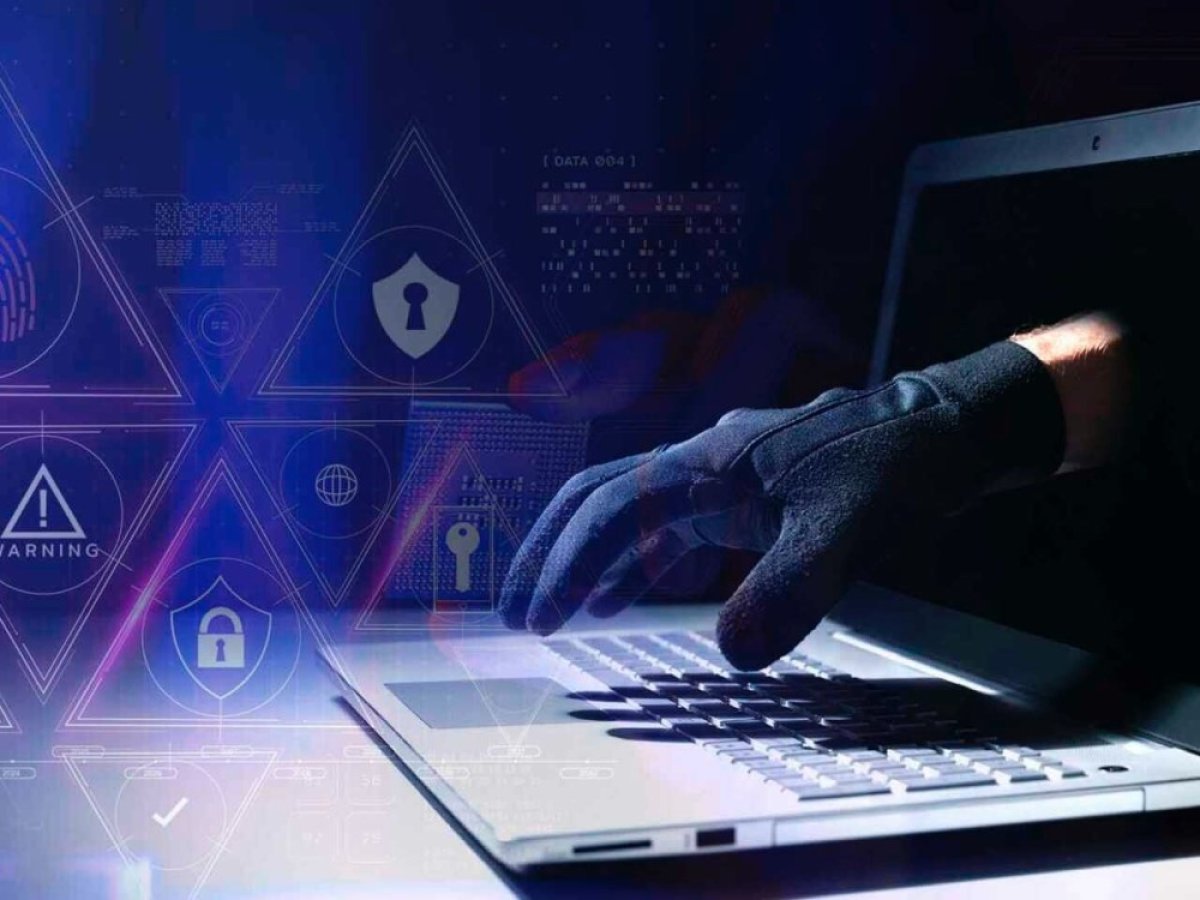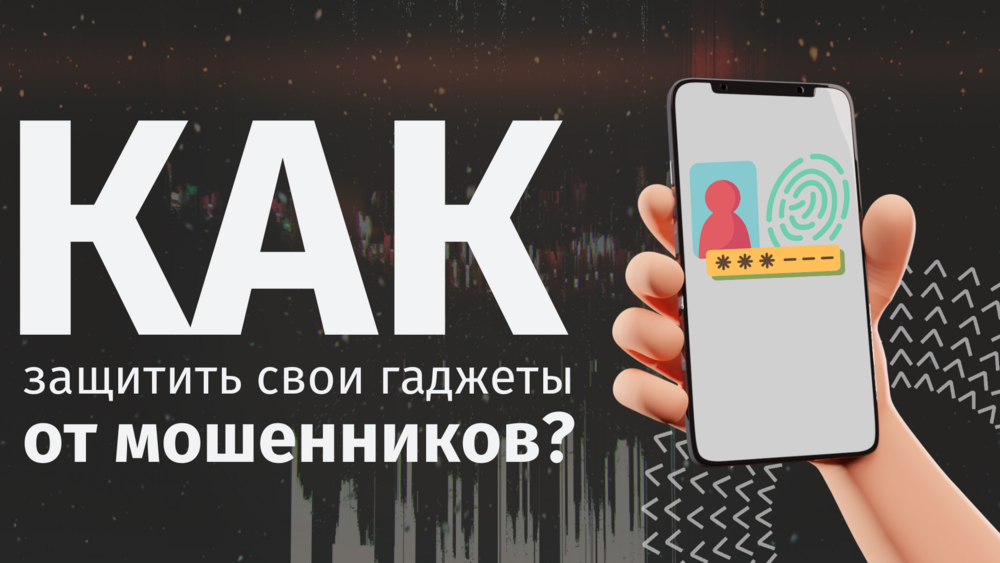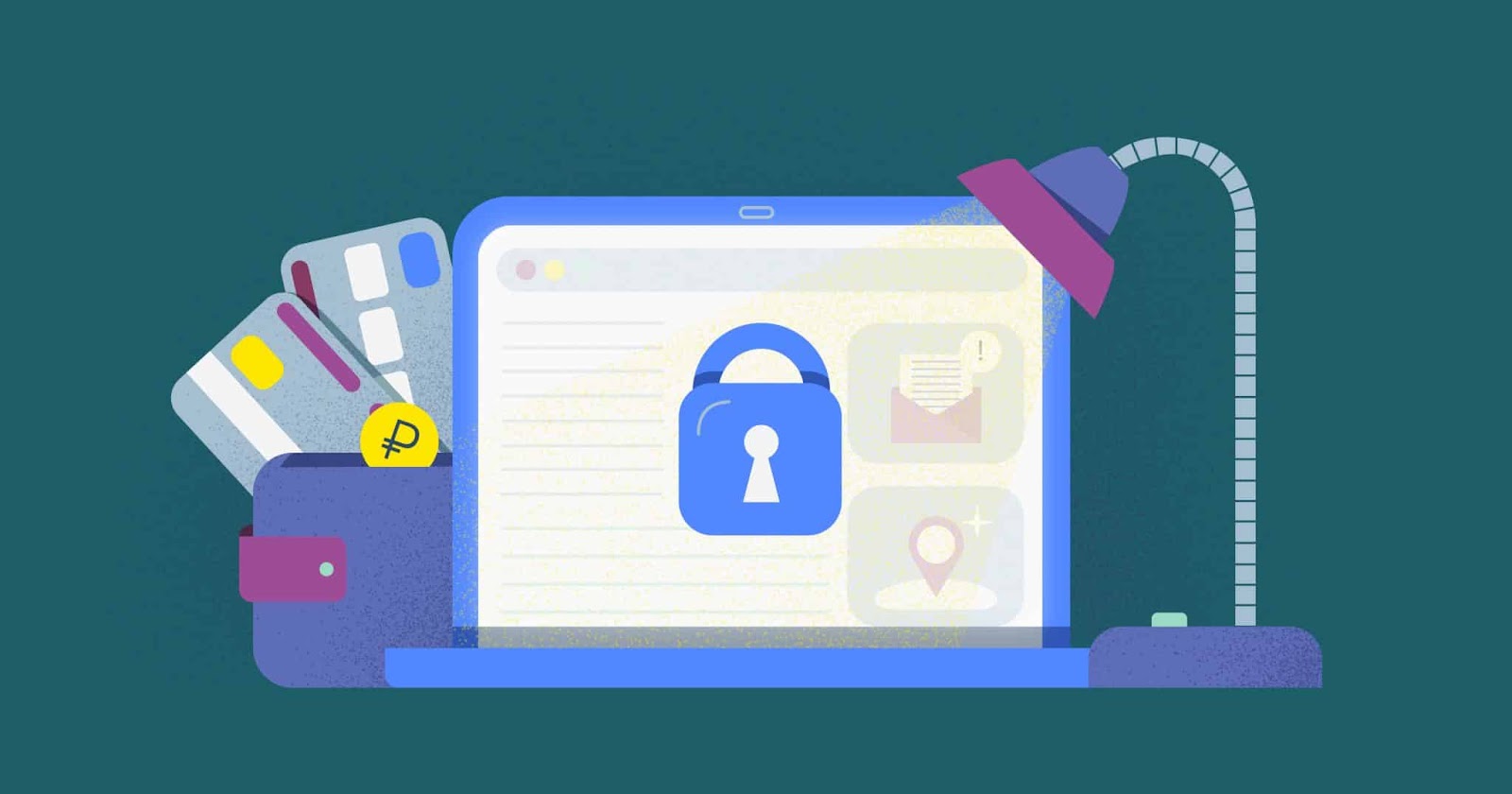Today, people do everything on the internet – pay for services, order food, communicate, work. It's convenient. But with convenience come risks. Personal information is increasingly stolen unnoticed and without hacking.
Fraudsters online don't operate the way they used to. Viruses or long emails with links are no longer needed. Sometimes one click is enough. For example, when a phone is connected to Wi-Fi without a password. Or when a person uses a “smart” TV that hasn't been updated for a long time.
There's another nuance – biometrics. Fingerprints, face scans. If such data is leaked, it cannot be retrieved. It's not a password that can be changed. Therefore, data protection is not just about one antivirus. It's about everything at once. And about habits too.
Even a regular login to an online bank can become a problem if someone peeks at the login or intercepts the confirmation code. Especially if access to messages is open. Often notifications pop up right on the screen, even when the phone is locked. This plays into the hands of those who hunt for others' data.
How Data Leaks on Its Own
Users think that something must happen by clicking on a suspicious link. Or downloading a virus. In reality, it's simpler. A leak can start with an ordinary app. Or with a browser extension that “speeds up loading.” Often it asks for access to all functions and gets it. Then it's just a matter of technique. There are files that are harmful in themselves. Even if it's just an image or a PDF. A person just opens it, and their data is already somewhere on a server.

Background operation of apps also poses a threat. Many remain active after closing. They collect everything – location, what's being installed, browser search history. And if the phone has no updates, Bluetooth is on, and someone else's Wi-Fi is used – it becomes even easier. Hackers have long learned to exploit this.
Apps from unverified sources, unofficial online cinemas, cracked game versions – all of these are dangerous. Such builds often have hidden elements embedded. They quietly monitor, forward, or copy. And they do this constantly while the device is connected to the network.
Habits to Get Rid Of
A lot depends on how a user uses their devices. Here's a list of things that most often cause personal data to fall into the hands of wrongdoers:
- the same password on all sites;
- passport or card photo in phone notes;
- old operating system without updates;
- open Wi-Fi without protection;
- sending personal information via regular messengers;
- connecting to unknown Bluetooth devices.

This is what online fraudsters count on. They don't need to hack; they just need to wait. Fake sites work in the same way. Visually they are a copy of the real ones. The difference is one extra character in the address. But many don't notice this. Victims enter their data and lose it. And if a person uses one password everywhere, a leak from one site means access to all others.
What Really Helps
No complex solutions are needed. It's quite straightforward. The main thing is to follow cybersecurity measures. First – updates. If a program or system is not updated, vulnerabilities remain in it. Second – passwords. The same password everywhere is a direct road to a leak. It's better if they are different. Even if recorded in a notebook – it's still safer than the same everywhere. Third – VPN. Especially if you frequently connect to public Wi-Fi. And fourth – permissions in apps. If the “calculator” asks for access to contacts – that's already suspicious.

Protecting personal data is not something supernatural. These are steps that can be taken every day. Without unnecessary complexity, just be attentive. You can go further and enable two-factor authentication, clear old accounts, remove unused items from the phone. All of this reduces the likelihood that information will end up in the wrong place. The main thing is not to wait until it's too late.
The Human Factor – A Helper for Fraudsters
The problem is not with hackers. And not with technology. The problem is with user habits. Checking boxes without reading. Downloading apps because they're free. Leaving everything turned on. That's what they exploit. The internet itself doesn't steal anything. Everything goes where the person allowed it to. Only later does it turn out that too much was allowed.

Therefore, cybersecurity is like cleanliness at home. If you clean once a week, there will be order. If you don't clean – mess appears. It's the same here. It's worth checking once in a while what's installed, what permissions are given, what's stored in notes. Remove the unnecessary. Disable the suspicious. Fraudsters online are always active. Therefore, this issue should not be ignored. Attentiveness is all that's needed.
